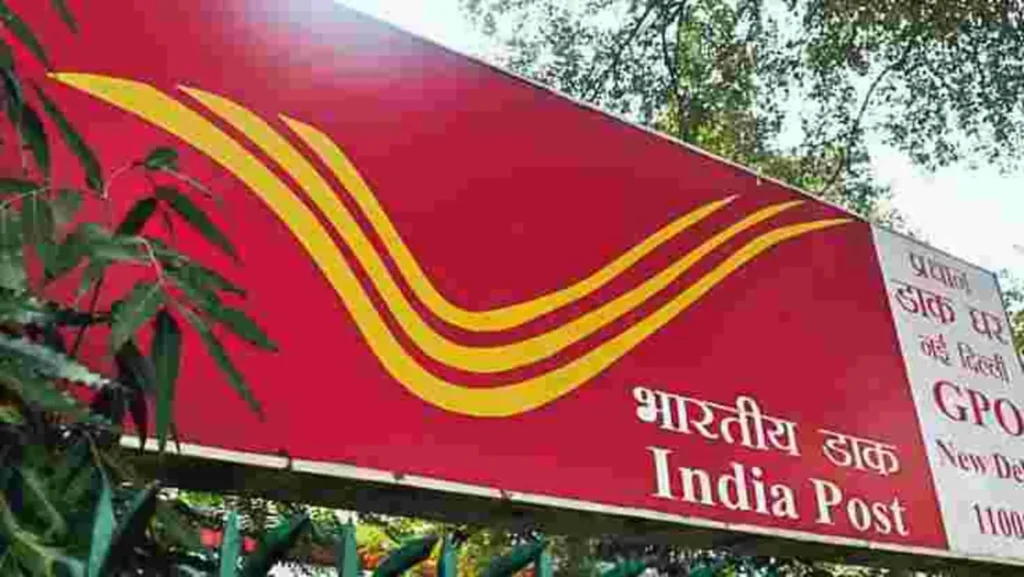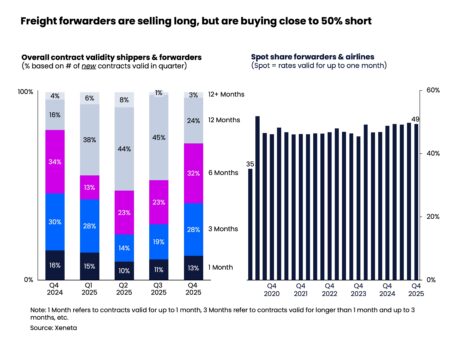India Post secures air cargo capacity to boost delivery speed, reliability, and rural-urban logistics inclusion.

In a bold move to modernise its delivery network, India Post is setting new benchmarks for speed and service. The Department of Posts is now in advanced talks with airline operators to secure dedicated cargo space on passenger flights, a first-of-its-kind initiative aimed at ending delivery delays and strengthening India’s logistics backbone.
The plan? A “hard block” of air cargo capacity on commercial airlines. This ensures reserved space for time-sensitive parcels like Speed Post and express consignments, putting an end to last-minute parcel dumping due to overbooked flights or higher-paying cargo. It’s a major step toward guaranteed on-time delivery and higher customer satisfaction for millions of users.
“Our current system relies on available space, which leaves postal shipments vulnerable to being offloaded. This change removes the guesswork,” said a senior official involved in the planning.
The move is especially significant in a country racing toward urbanisation and a digital-first economy, where rapid and reliable logistics are the lifeblood of commerce. It’s not just about faster delivery; it’s about building a smarter, fairer, and greener logistics network.
Why It Matters:
- Faster Service for Remote India: By locking in air cargo slots, India Post can slash delivery times, especially over long-haul domestic routes where road and rail can lag behind. This is a game-changer for SMEs in Tier II and III cities, helping them plug into India’s growing e-commerce ecosystem and compete on a national scale.
- Stronger Last-Mile Access: From essential medicines to government documents, citizens in remote areas often rely solely on India Post. With this upgrade, service equity gets a major boost, ensuring critical goods reach everyone, everywhere, on time.
- Environmental Smarts: While air transport is traditionally high on emissions, India Post’s strategy may actually lower the sector’s overall carbon footprint. By cutting back on failed deliveries, redundant routing, and wasted trips, the system becomes more efficient. Future phases could explore using Sustainable Aviation Fuel (SAF) and electric ground vehicles to green operations further.
- Economic Ripple Effect: Quicker deliveries lead to better customer experiences, which fuel business growth, especially for small enterprises and rural entrepreneurs. The scheme has the potential to drive inclusive growth and job creation in underserved parts of the country.
India Post already operates a tri-modal network of rail, road, and air. But this new air cargo initiative is set to elevate it into a next-generation logistics powerhouse.
In the coming months, discussions with airlines and aviation authorities will be crucial, not just for ironing out logistics, but for embedding sustainability benchmarks and co-creating a future-ready delivery ecosystem.
This isn’t just an upgrade; it’s a reimagination of what public postal services can be in a 21st century India. As India Post evolves into a digitally driven logistics enabler, its success will be measured not only in quicker deliveries but also in how effectively it bridges the urban-rural divide, fuels economic equity, and reduces its environmental footprint.
India’s mail system is getting its wings, and the country’s delivery landscape may never be the same again.
Source: Maritimegateway











